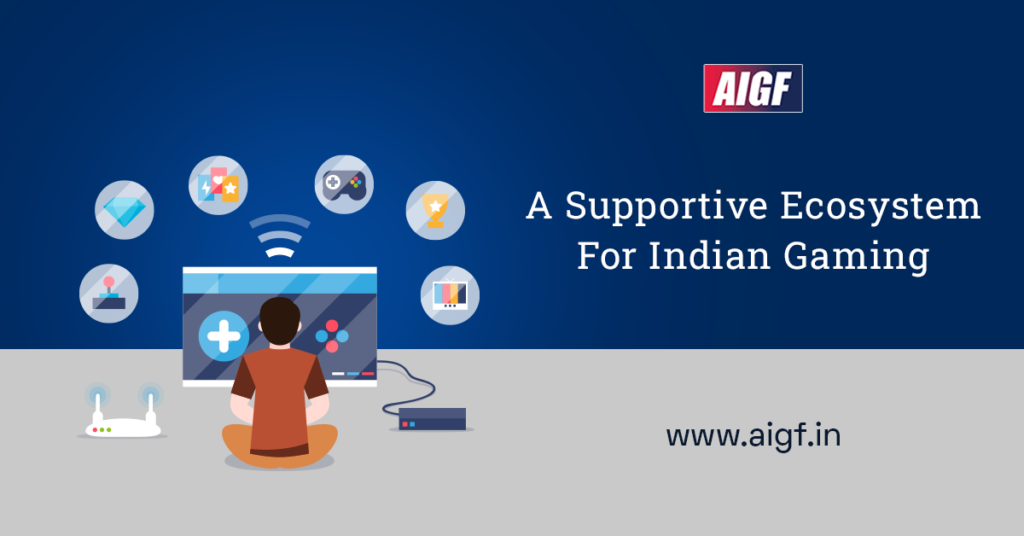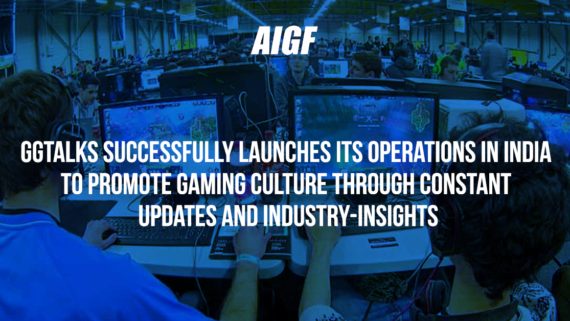The Indian gaming startups are benefiting from the implementation of Aadhar, UPI and digital payments options integrated by the government’s supportive ecosystem.
A Supportive Ecosystem For Indian Gaming
India is one of the world’s quickest developing economies. With a populace of almost 1.4 billion out of which half of India’s populace is under the age of 40 years. India has set out a way to change its economy through three fundamental pillars — digital technology, infrastructure development, and sustainable growth.
In the past 10 years, India has seen an exponential digital boom, including the execution of the Aadhar ecosystem, UPI, and other digital payment getaways, India has a teledensity of 84.56% (134% in urban areas) and approximately 830 million telecom subscribers. This information directs highlight a tremendous market for digital goods and services. Definitively Indian gaming startups can reap the benefits of digital penetration with the government’s supportive ecosystem.
On December 23, 2022, the Indian government’s Allocation of Business (370th Amendment) Rules, 2022 was notified allotting matters connecting with online gaming to the Ministry of Electronics and Information Technology (MeitY). Furthermore, MeitY, on January 2, 2023, gave the Draft Information Technology (Intermediary Guidelines and Digital Media Ethics Code) Amendment Rules (“Draft Rules”) to give a responsible and accountable regulatory framework for online gaming delegates.
The gaming industry has enormous potential in India, taking into account the teledensity and smartphone penetration in the country. The online skill gaming industry today is an encapsulation of Make-in-India and Digital India. There are more than 500+ Indian online gaming startups which have drawn in more than 20,000 crores in investments/ FDI and are projected to draw in more than 50,000 crores by FY25. As per the AVGC task force report by the government, India is supposed to become one of the world’s driving business sectors in the gaming industry. Developing consistently throughout the previous five years, it is anticipated to arrive at multiple times its ongoing worth and reach $3.9 billion by 2025. As per a KPMG report, India as of now has north of 400 gaming organizations and 420 million online gamers, second just to China.
Perceiving the potential from the get-go, the Indian government has appropriately assessed the meaning of gaming as an industry. Therefore, many gaming and multimedia startups are hoping to introduction to gaming.
The gaming sector has grown enormously during the last 10 years. Games have a more intuitive and life-like, mix of virtual and augmented reality and the improvement of what the industry calls Massively Multiplayer Online Games (MMOGs)/ Massively Multiplayer Online Role-Playing Games (MMORPGs). According to specialists, rapid internet connectivity through 5G and quicker broadband will additionally speed up this trend, prompting further vivid and intuitive low-latency games. Hence, telecom organizations and government investments in the telecom infrastructure ought to be focused on. Moreover, accommodative approaches such as tax benefits, etc should be stretched out to boost the players in the industry. Skill development for the gaming sector— giving skill-based training in coding, multimedia, and animation, ought to be a focus. These will assist India with turning into a gaming hub. Simultaneously, the Union government must be similarly rising to the event and working on this. A great strategy supported by a similarly empowering tax regime is the need of great importance.
Credit: Financial Express











Comments
Comments are closed.